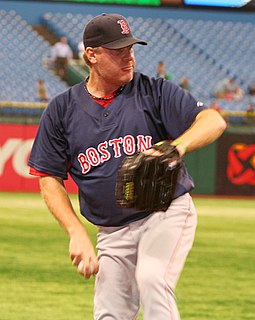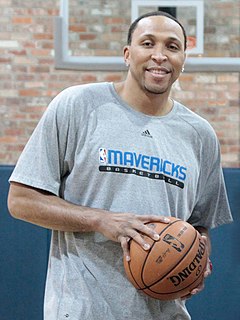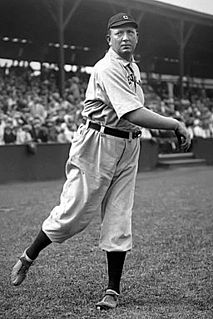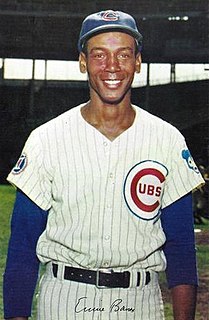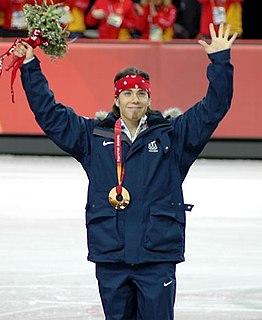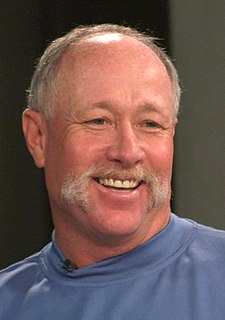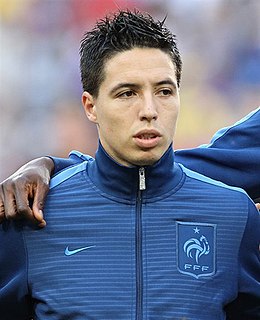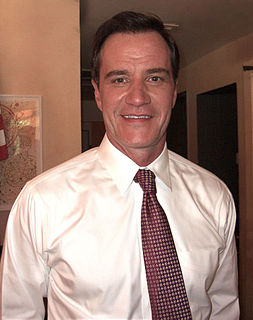A Quote by Curt Schilling
You could ask any position player and they'll tell you: pitchers aren't athletes.
Related Quotes
On 'don't ask, don't tell' I was always the same. I said we needed a complete review of the impact on morale and battle effectiveness of 'don't ask, don't tell' before we repeal it. That's my position now. Now they're trying to ram through a repeal without a - any kind of really realistic survey done.
I think in general, people look at all Olympic athletes, look at all superstar athletes, and they say, "Okay, this guy doesn't have any insecurities." They're almost like these icons who - I don't know how to say it, but like they can't make mistakes. But the reality is, and I'll tell you this firsthand, a lot of great athletes have a lot of insecurities, and they have a really hard time dealing with a lot of so-called losing or however you want to classify it.
The first year was weird. I knew I was just there to talk to pitchers and not step on any toes. I could feel my adrenaline start to flow in about the sixth inning. I had to tell myself, "What the hell are you getting excited about? You're not going anywere, big boy. Just go sign some autographs." I was still programmed.
I can tell when I've met a bad journalist when they say, "I've met Madonna," or "I know Marilyn Manson." Because I haven't met anyone I've ever interviewed. I've sat down in the position of an interviewer, and they've sat down in the position of an artist trying to promote a product. We have no relationship. I'm able to ask them questions I'd never be allowed to ask them if we were casual friends. It's a completely constructed kind of situation.
